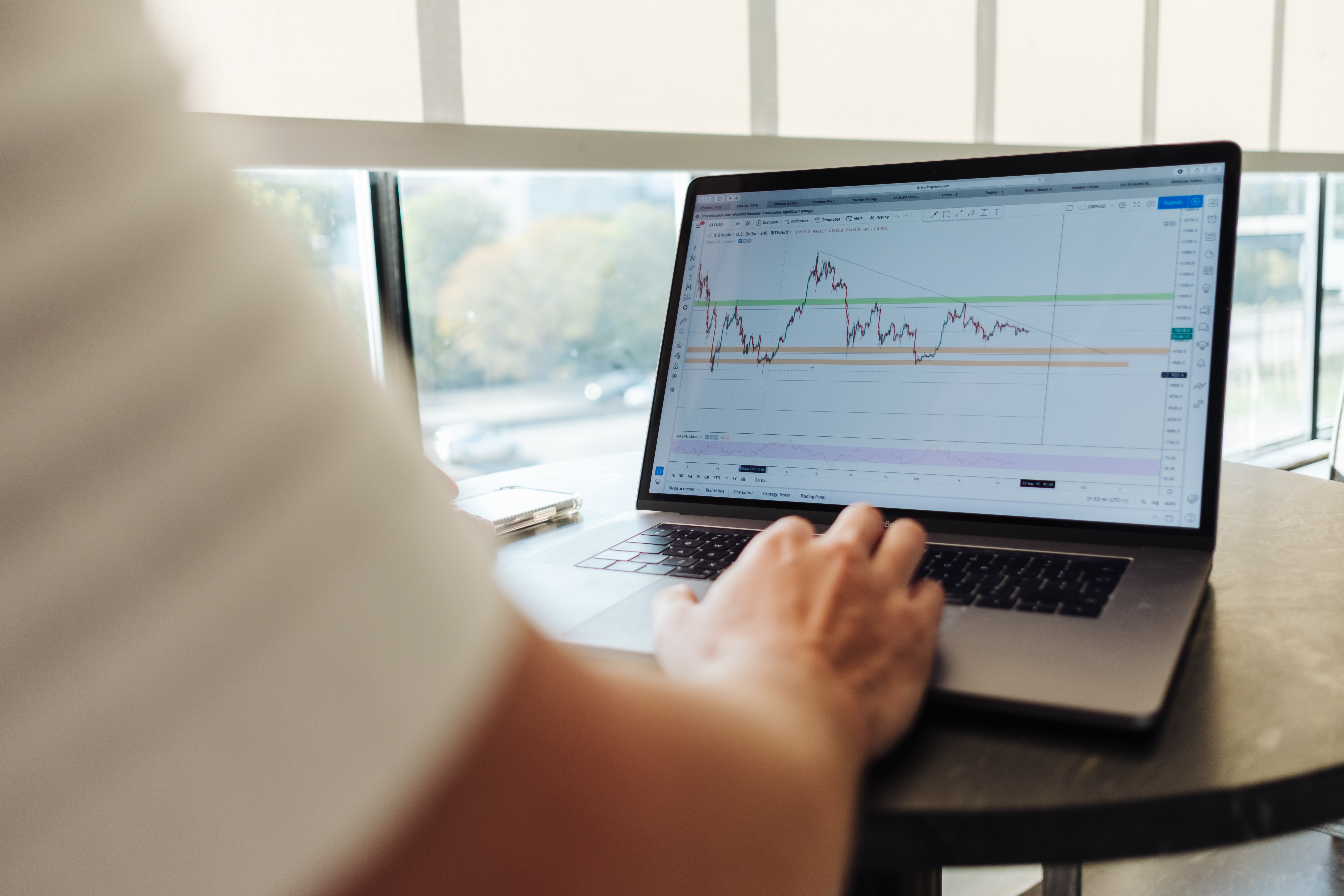divinetutors13@gmail.com
divinetutors13@gmail.com

![]()
Modern economic theory is built on the principles of classical economics, which is frequently identified with the groundbreaking works of Adam Smith, David Ricardo, and John Stuart Mill. The influence of self-interest and market forces in determining economic behavior is heavily emphasized. According to classical economics, the efficient allocation of resources efficiently and the maximization of society’s welfare result from little government interference combined with the invisible hand of the market.
The tumultuous years of the Great Depression gave rise to John Maynard Keynes’s Keynesian economics theory. According to this theory, the government should actively intervene when the economy is struggling. Keynesian economics seeks to control aggregate demand by enacting fiscal (government spending and taxation) and monetary (controlling money supply and interest rates) policies.
Milton Friedman, a renowned economist, promoted monetary theory, which focuses on how the amount of money in circulation affects inflation and economic stability. According to this idea, maintaining price stability and economic growth depends on keeping the money supply growing steadily and predictably.
Austrian economics, which was pioneered by luminaries like Friedrich Hayek and Ludwig von Mises, extols the virtues of free enterprise, personal initiative, and the unadulterated market process. It vehemently rejects government intrusion and supports the idea that markets can allocate resources effectively without outside interference.
Marxist economics offers a radically different viewpoint. It explores the underlying paradoxes of capitalism and highlights the exploitation and class conflict it inevitably produces. According to Marxist philosophy, the only way out is a revolutionary shift towards a classless society.
Building on classical economics, neoclassical economics adds mathematical precision and a more in-depth analysis of individual behavior and market equilibrium. It provides a precise and organized framework for economic analysis, making it one of the most important economic theories in recent times.
The field of behavioral economics, which is relatively new, integrates insights from psychology and economics to explain how cognitive biases and heuristics frequently prevent people from making logical decisions. It casts doubt on the conventional view that economic agents act with perfect reason and highlights the role of the human being in economic decision-making.
In economics, game theory—a mathematical method for simulating the strategic interactions between rational people or things—is frequently used. It offers a potent instrument for analyzing diverse economic circumstances, such as competition, collaboration, and negotiation, improving our comprehension of decision-making procedures.
A response to the growing concern regarding the connection between economic activity and environmental sustainability is environmental economics. It looks at ideas like externalities (unintended consequences of economic activity), sustainability, and natural resource valuation to help inform policies meant to protect the ecological balance of our planet.
The goal of development economics is to solve the problems that developing countries have. It addresses problems including poverty, inequality, and economic development in these areas. Finding tactics and regulations that can raise living standards and promote sustainable development is the aim.

Let’s now explore the reasons why prospective economists should become well familiar with these economic theories:
In conclusion, having a solid understanding of economic theory is crucial for any prospective economist. These ideas serve as the foundation upon which our understanding of economic realities is built. Every theory of economics, from classical to behavioral, offers a different perspective on the field of economics.
Divine Tutors is the gold standard among online economics teachers in London for individuals hoping to gain a deeper comprehension of these theories and achieve success in their economic endeavors. You can embark on a life-changing journey to deepen your understanding of economic theories with Divine Tutors, opening the door to a successful and influential career in economics.
Visit Divine Tutors, the leading online economics tutor in London, to delve into the world of economic theories and receive unmatched advice. Set out on a gratifying journey of economic inquiry and expertise by maximizing your potential.